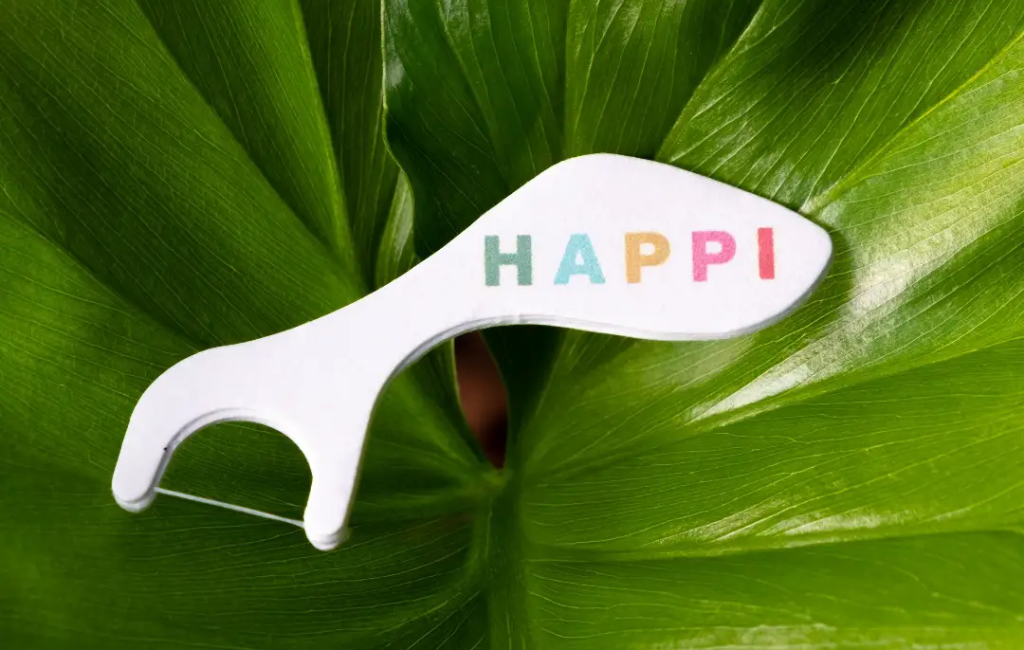Bleni Blends – Smoothie Vending Machine
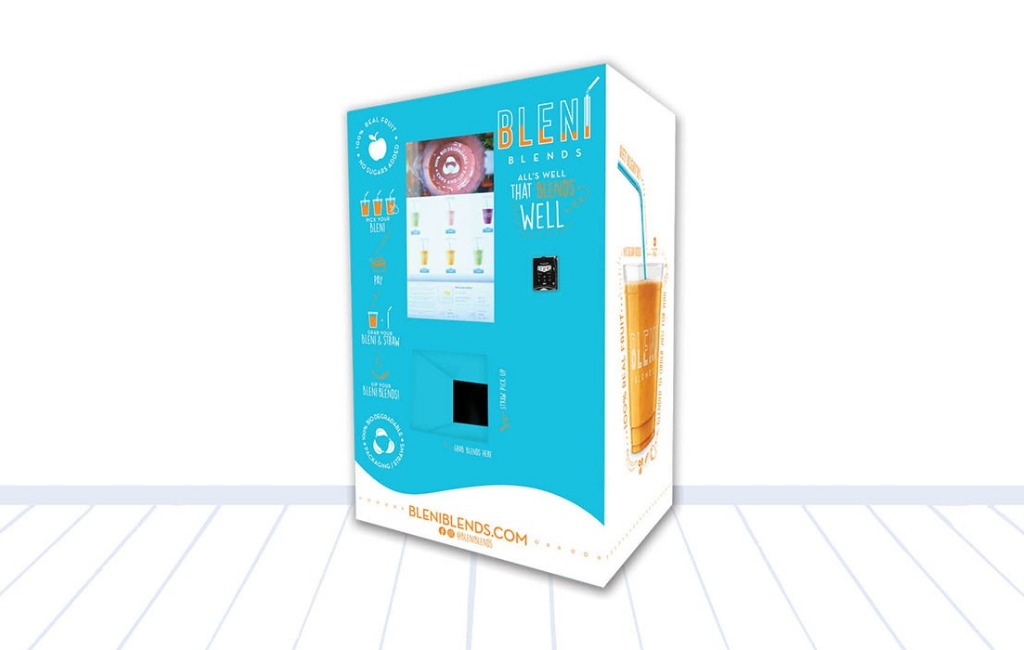

DEAL
EPISODE SUMMARY
🕓 Air Date: March 31, 2023
Asking For:
$250,000 for 6%
Investor:
Lori Greiner, Daniel Lubetzky (50/50)
Deal:
$750,000 for 35%
PRODUCT SUMMARY
Bleni Blends is an unattended retail smoothie kiosk that makes real fruit smoothies and clean-label iced coffee, providing a healthy and convenient snack option.
WATCH HERE
IN A RUSH?
Click these to jump to the section you want to read.
Background Story
The founders, Peter and Stuart Shapiro, are brothers based in Havertown, Pennsylvania. Both with business backgrounds, they initially ventured into real estate but later discovered the unattended retail space. Their interest led them to a smoothie kiosk prototype in Canada, and they secured exclusive U.S. rights for the product. The company operates as a licensee with a 15-year patent, and they aim to build the Bleni brand in the United States.
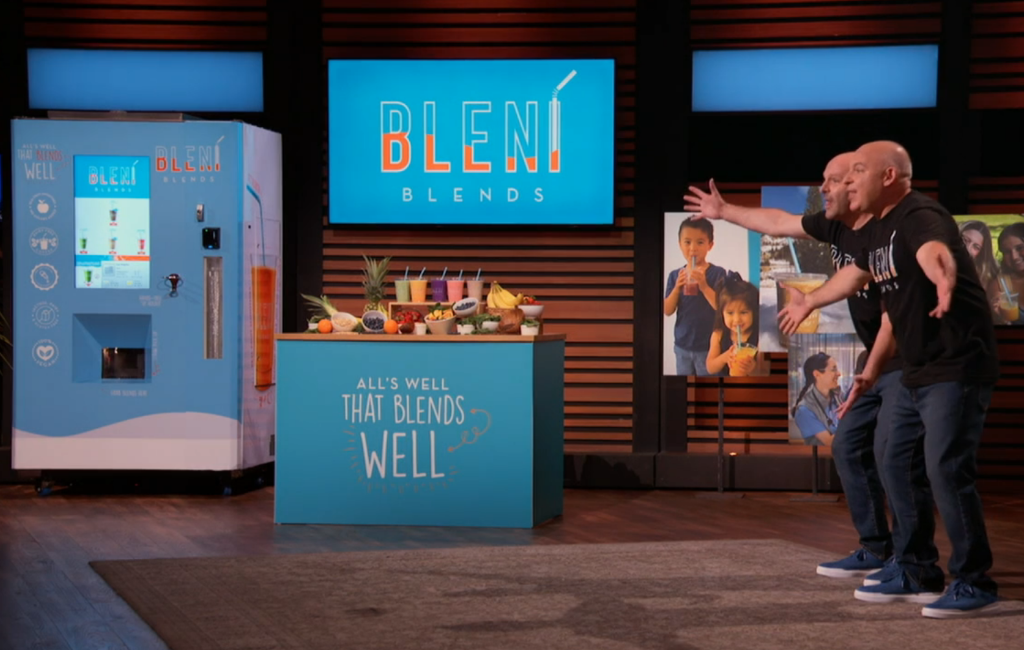
The Product
Bleni Blends is a smoothie kiosk that offers a selection of 16-ounce real fruit smoothies and clean-label iced coffee. The kiosk is compact, requiring only 12 square feet of space, making it a convenient addition to various locations.
Customers can choose from a variety of smoothie flavors, all made with real fruit, no artificial flavors, preservatives, added sugar, lactose, or gluten. The proprietary blends are aseptically packaged in bags, ensuring shelf stability.
The company sells the kiosks to locations, which can either operate them directly or have Bleni Blends’ team handle daily operations. Locations purchase the fruit from the company, and the kiosks provide a profitable opportunity for businesses.
Pricing for a smoothie is $5.25 on average, with the cost of goods sold at $1.40, resulting in a healthy profit margin. Bleni Blends has also partnered with large food-service companies like Aramark, Sodexo, and Compass, who take care of the kiosks and provide additional revenue through a commission-based model.
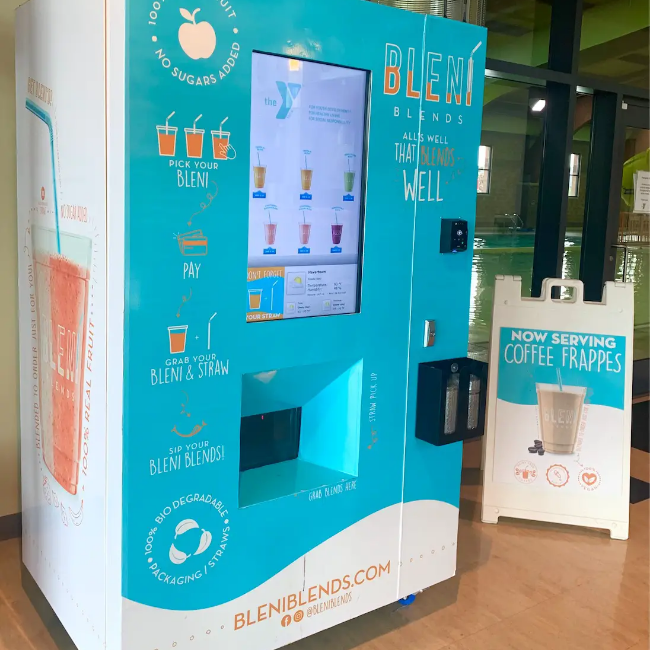
How It Went
The company’s position before Shark Tank
As of their pitch, Bleni Blends had 41 kiosks in the market, with 20 more in their warehouse. Their kiosks were generating approximately $8,000 in revenue per month. The company had experienced rapid growth, with $10,000 in revenue in 2020, $275,000 in 2021, and year-to-date revenue of $465,000. They projected at least $1.5 million in revenue for the current year.
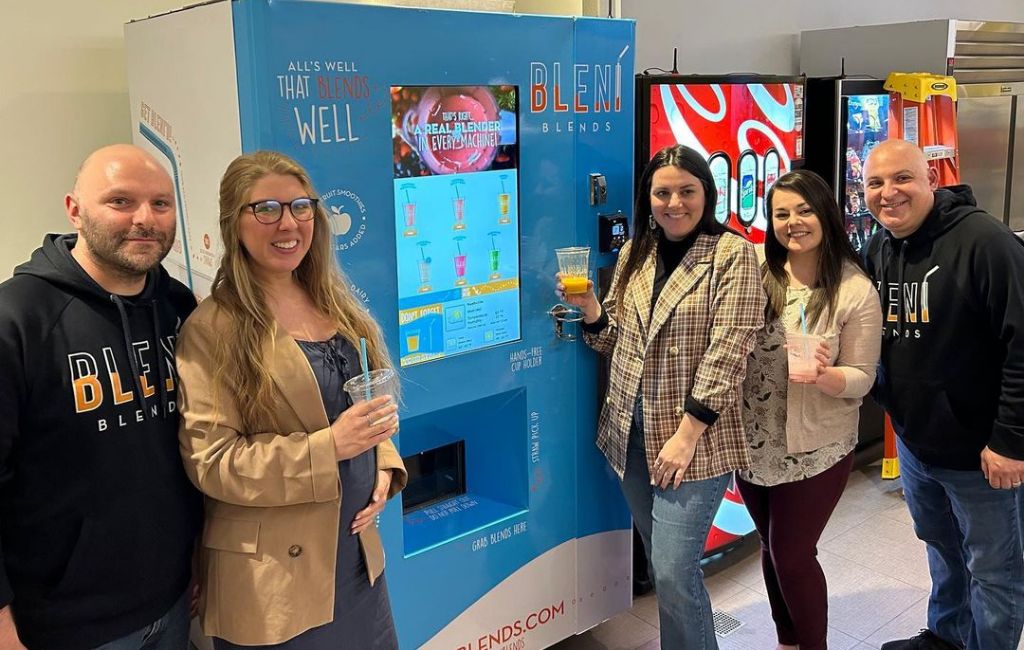
Bleni Blends has invested heavily in the business, purchasing the machines themselves. Each kiosk costs $19,500 to produce, and they sell it for $30,000, resulting in a 35% profit margin. They have exclusive rights to the product in the U.S. for 15 years. The company’s supply chain is entirely owned by Bleni Blends.
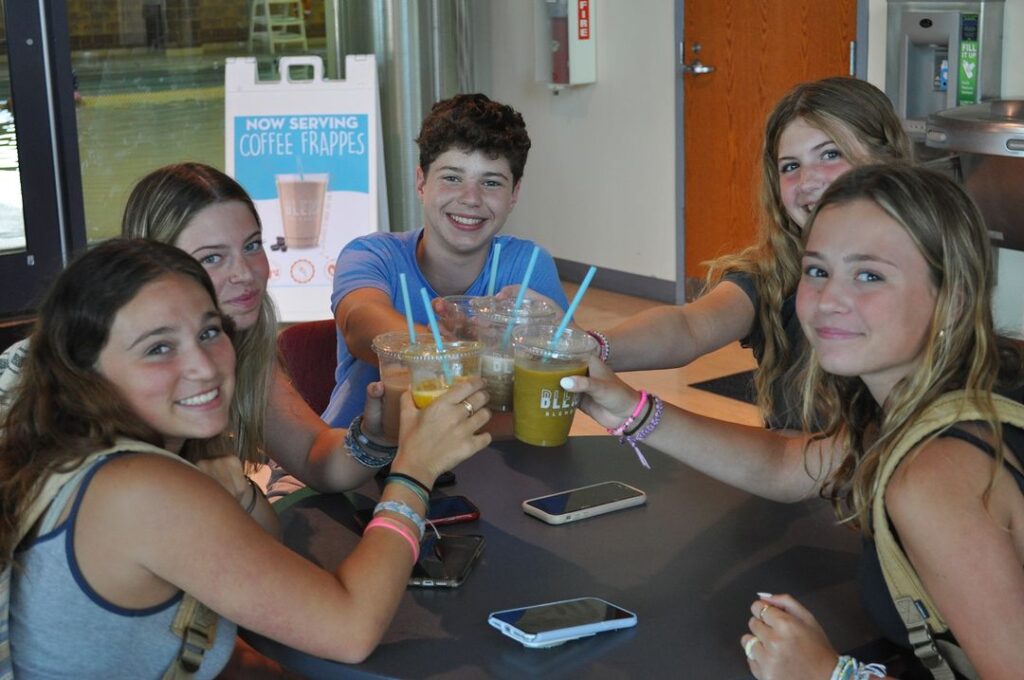
They have contracts with major food service companies, including Aramark, Sodexo, and Compass, which operate the kiosks in various locations. These partnerships ensure a steady revenue stream and provide access to a broad customer base. The founders, Peter and Stuart, had put $1.2 million of their own capital into the business and weren’t taking salaries. They were seeking additional funding to support the purchase of fruit and more kiosks.
The Negotiations:
During the negotiation, Lori Greiner and Daniel Lubetzky made an offer of $250,000 for a 35% equity stake and a $500,000 line of credit. This offer was higher than what the founders had initially proposed, but it reflected the significant effort and investment required to scale the business. After some discussion, the founders accepted the deal, appreciating the experience and resources that Lori and Daniel could bring to the table. The negotiation involved a degree of risk and substantial work, which justified the larger equity stake.
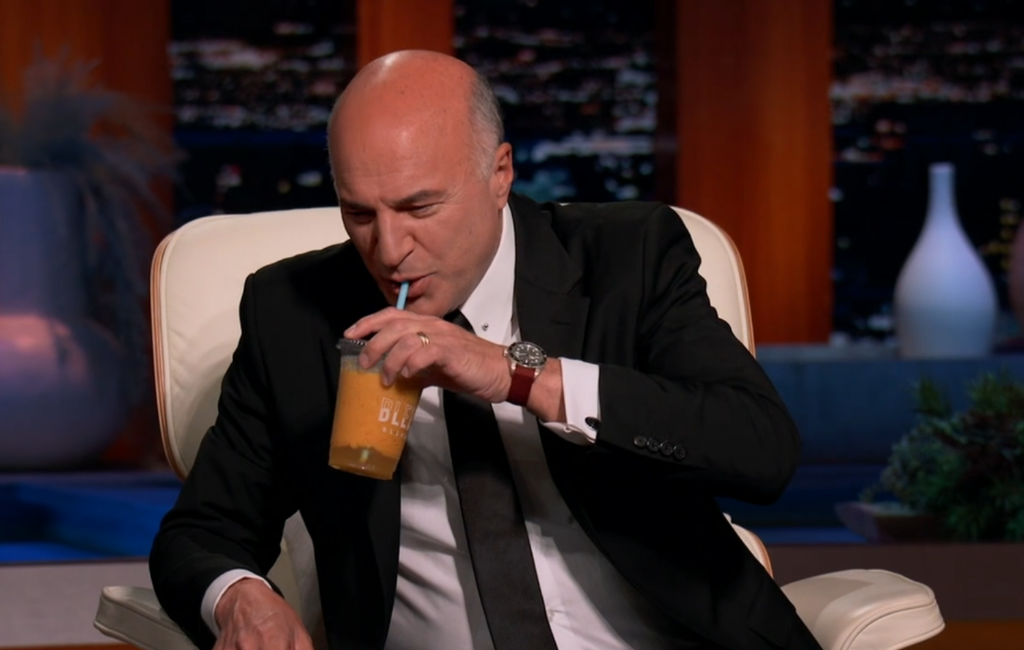
Three other sharks, Mark Cuban, Daymond John, and Kevin O’Leary, had initially expressed concerns about the capital-intensive nature of the business and the risk associated with being a licensee of another company’s product. They eventually opted out of the deal. In the end, Bleni Blends secured the financial backing and expertise they needed to continue their growth in the unattended retail market, with Lori and Daniel as their partners.







